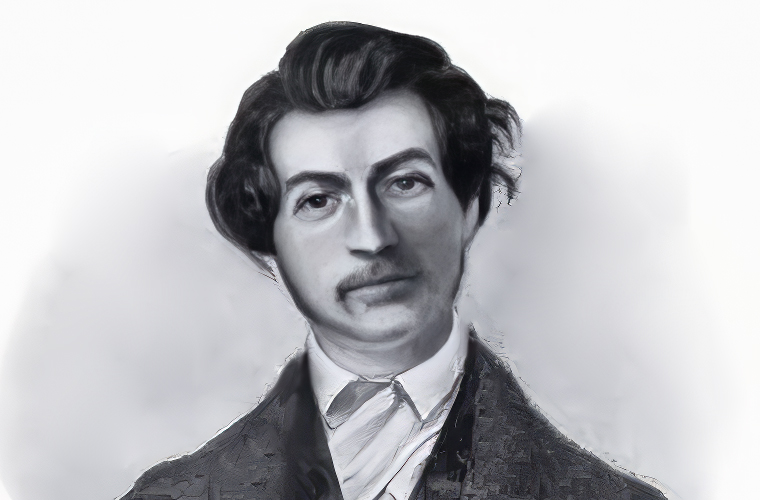Charles Torrey was an American abolitionist who was born in Massachusetts in 1813. He became involved in the anti-slavery movement in the 1830s and was known for his tireless efforts to help enslaved people escape to freedom through the Underground Railroad.
Torrey was a gifted orator and writer, and he used his talents to raise awareness of the horrors of slavery and to advocate for its abolition. He was known for his bold and daring tactics, which included disguising himself as a slave trader and using false identities and secret codes to communicate with other abolitionists.
In the late 1830s and early 1840s, Torrey worked closely with the Underground Railroad, helping to guide enslaved people from the Southern states to freedom in the North or in Canada. He also worked to raise funds and support the anti-slavery cause, and he was known for his ability to inspire others to take action in the fight against slavery.
In 1844, Torrey traveled to the Southern states to continue his work with the Underground Railroad. He was eventually arrested in Maryland on charges of aiding and abetting the escape of enslaved people. Despite his efforts to defend himself in court, he was found guilty and was sentenced to six years in prison.
Torrey’s health quickly deteriorated while he was in prison, and he contracted tuberculosis. He died in 1846 at the age of 33, just two years into his sentence. His death sparked outrage among abolitionists across the country, who saw him as a martyr for the cause of freedom.
Today, Torrey is remembered as one of the most important figures in the history of the Underground Railroad, and as a symbol of the courage and sacrifice of those who worked tirelessly to end slavery and achieve equality for all Americans. His legacy continues to inspire activists and advocates in the ongoing struggle for social justice and equal rights.

